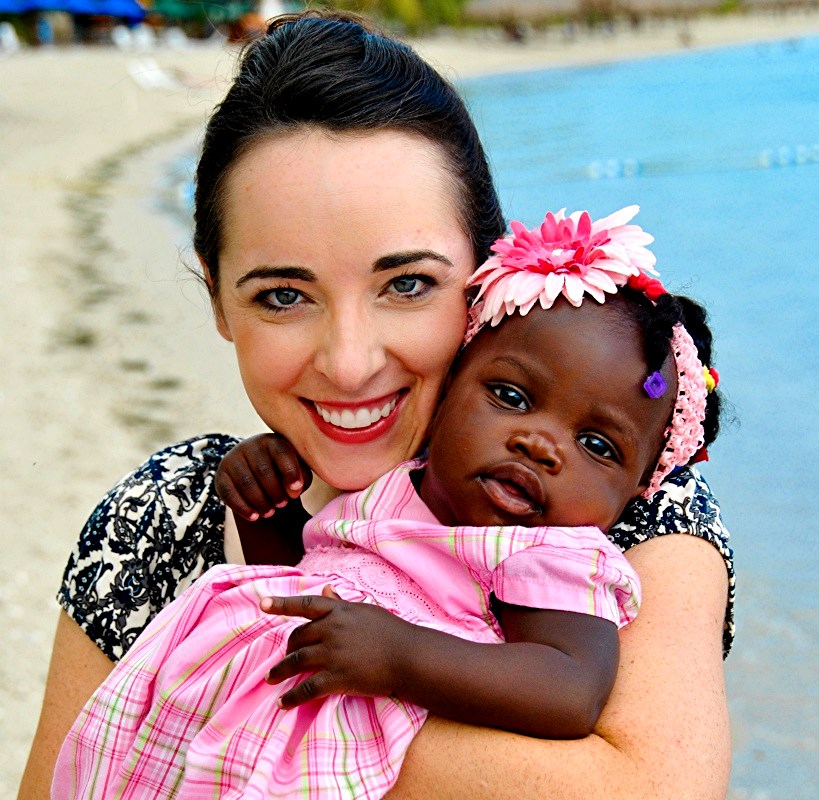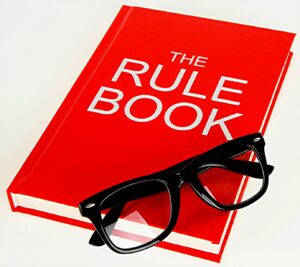
There is no definition of child or children in the wills variation act ( now Section 60 WESA), but the case law is clear that only a natural child or adopted child of the deceased can have the standing to bring a claim for a share of the testator’s estate if not adequately provided for. Lansing v Richardson 2002 BCSC 262.
Clayton v Markolefas 2002 BCCA 435 stands for the proposition that a child who is the natural child of the testator, but who was legally “adopted out” by an adoptive parent no longer has the status to bring an action under wills variation legislation, as the adoption is “for all purposes”.
In Peri v McCutcheon 2011 BCCA 401 a five-member panel of the Court of Appeal confirmed the law that where a child was in loco parentis with the deceased, but not formally adopted by the testator, was not entitled to bring a claim for a share of the testator’s estate under wills variation legislation.
In Peri the stepchild sought to challenge the will of her biological mother’s husband, which did not make provision for her. DNA evidence established that the testator was not the plaintiffs father, but the plaintiff’s birth certificate and Canadian immigration card indicated that the testator was in fact her father. After her birth. The plaintiff was placed in private foster care and had limited contact with the testator, but the testator did pay for some of her expenses.
The appeal court held that the plaintiff did not fit within the definition of children, but did clearly state that a question of whether it is appropriate for the word children to be expanded to encompass applicants who are not either natural or adopted children of the testator “ is one which should wait a more compelling factual foundation”.




